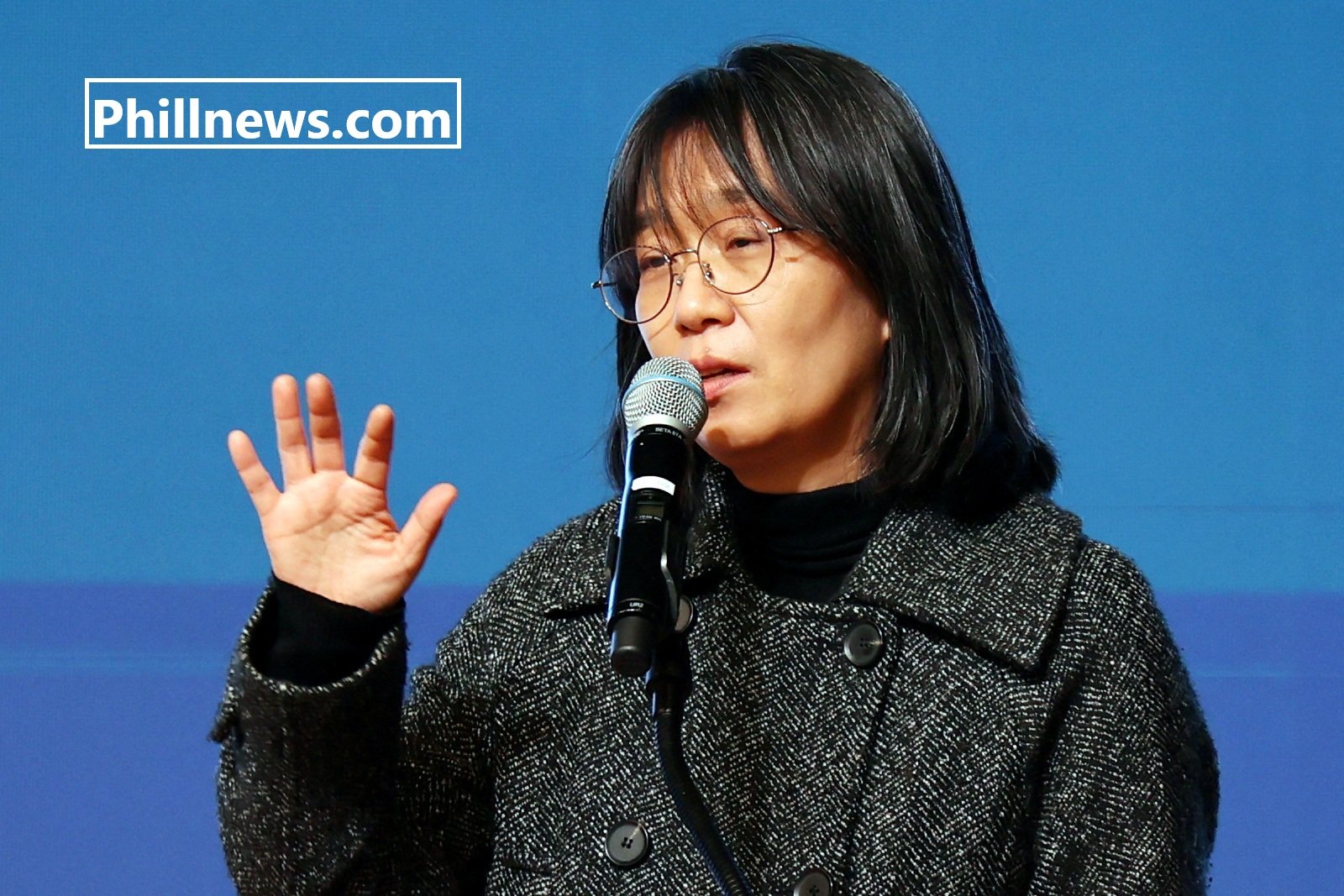South Korean Author Han Kang Wins Nobel Prize for Literature, Marking a Historic First
South Korean poet and novelist Han Kang has been awarded the 2024 Nobel Prize in Literature for her deeply poetic and hauntingly powerful works. Known for addressing themes of trauma, suffering, and the fragility of human life, Han is celebrated for exploring Korea’s turbulent history and the emotional scars that linger. Her novels, including The Vegetarian and Human Acts, have garnered critical acclaim globally for their unsettling, yet compassionate portrayals of humanity’s pain.

As the first South Korean writer and Asian woman to receive the Nobel Literature Prize, Han’s work is recognized for its emotional depth and meticulous exploration of the human condition. Nobel committee member Anna-Karin Palm praised Han’s ability to handle personal and collective trauma “with compassion and care,” while committee chair Anders Olsson commended her “empathy for vulnerable lives,” especially her female characters.
This accolade arrives amid the growing international prominence of South Korean culture, from the Oscar-winning film Parasite to the global success of K-pop groups like BTS and BLACKPINK. Han’s Nobel win underscores this wave of Korean cultural influence on the world stage.
Han, 53, previously won the International Booker Prize in 2016 for The Vegetarian, a novel that delves into the psychological consequences of a woman’s decision to stop eating meat. Her other notable works include Human Acts, which reflects on the 1980 Gwangju Uprising, and The White Book, which draws from personal grief and history. Han’s latest novel, We Do Not Part, will be published in English next year and tackles the Jeju Uprising, a tragic episode in Korea’s post-war history.
The Nobel Prize, which carries a cash award of 11 million Swedish kronor ($1 million), will be formally presented to Han at a ceremony on December 10.
 Phill News Entertainment – Phill News
Phill News Entertainment – Phill News



